Dr Saeed Shoaie
Senior Lecturer in Systems & Synthetic Biology
Research interests
- Host-Microbiome Interactions
Biography
Dr Saeed Shoaie is the group leader of Translational Systems Biology in the CHMI. He has been a BBSRC and EPSRC UKRI fellow since 2018 and the Deputy Lead of the MSc in Microbiome at King's College London.
He received his MSc and PhD degrees in Innovative and Sustainable Chemical Engineering and in Systems and Synthetic Biology of Host-Microbiome Interactions, from Professor Jens Nielsen's Systems Biology lab at Chalmers University of Technology, Sweden. He worked as a researcher at Novo Nordisk A/S and Steno Diabetic Center in Denmark, and Science for Life Laboratory in Sweden, before he was appointed as a Lecturer in Systems and Synthetic Biology at King's.
His research activities focus on analysing multi-omics data in different cohort studies with the aim of identifying biomarkers and novel treatment strategies for human diseases. He is also interested in the generation of genome-scale metabolic models for host and microbiome, using these models as a scaffold to analyse omics data with the objective to elucidate the host-microbiome interactions in different human disorders.
His lab develop systems biology and bioinformatics tools that are a necessary component to perform integrated analysis and apply them in personalised medical research. He has also developed a mathematical platform that makes it possible to predict how different patients will respond to a modified diet, depending on the composition of each individual gut microbiome. This study has been published in Cell Metabolism and covered by more than 100 journals around the world. His research group are currently improving the approach in order to design a personalized diet regime based on the individual gut microbiome for early prevention of metabolic disorders. These studies will assist in the determination of what could take months of trial and error. This synthesis of modern tools and capacities with the ancient privilege of the doctor-patient relationship will provide personalised care.
Research
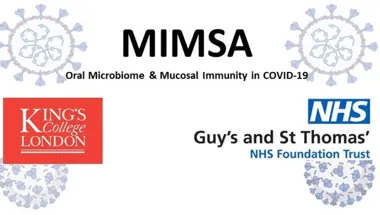
MIMSA - Oral Microbiome & Mucosal Immunity in COVID-19 disease
Examining the role of 'mucosal immunity' and the 'oral microbiome' in COVID severity, and the differences seen between South Asian & white ethnic groups.
Project status: Ongoing
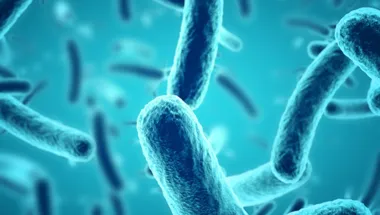
Centre for Host-Microbiome Interactions
Millions of microorganisms live in and on our bodies forming microbiomes on different surfaces. Researchers in the Centre for Host Microbiome Interactions study our relationship with these bacteria and fungi in health or in oral and systemic diseases such as periodontitis, candidiasis, oral cancer and Alzheimer’s disease.

Microbes in Health & Disease
The Microbes in Health & Diseases Research Interest Group aims to foster collaboration across departments and faculties at KCL to explore the multifaceted role microbes play in health and disease.
News
Microbiome changes in chronic liver disease highlight the need for personalised treatment
People with chronic liver disease have dramatic changes to the types and functions of bacteria in the gut and mouth, a new study has revealed.

“Transient” gut bacteria may affect health and guide diet choices
‘Transient’ populations of gut bacteria may contribute to the development of chronic liver disease and diabetes, but a personalised diet plan could lessen the...
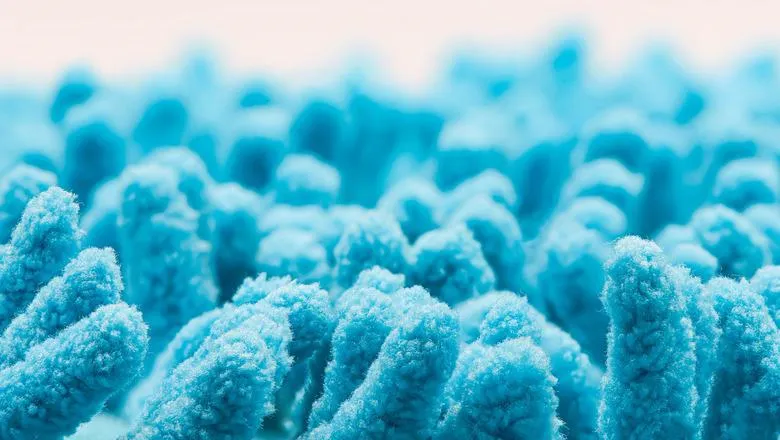
New gut microbiome atlas builds most accurate profile of global gut health to date
Research could help doctors around the world better understand how bacteria in the gut cause disease and how to treat them.
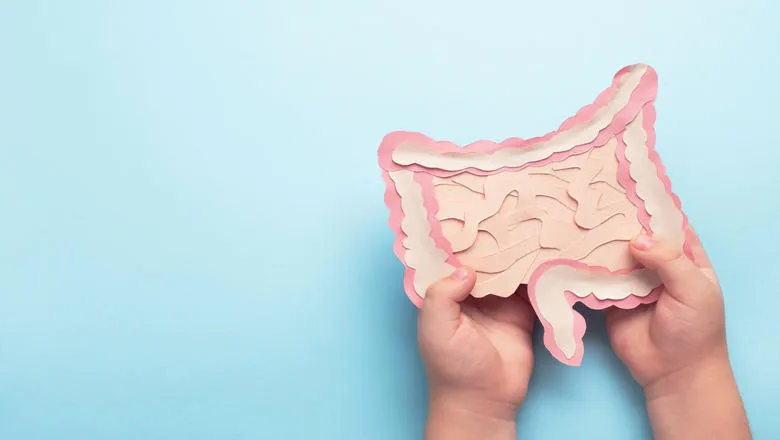
New collaborative study maps effects of dietary nutrients on disease
Researchers from King’s College London and the Francis Crick Institute have created a tool to predict the effects of different diets on both cancerous cells...

Academic Promotions at the Faculty of Dentistry, Oral & Craniofacial Sciences
Very many congratulations to the following members of the Faculty of Dentistry, Oral & Craniofacial Sciences who were awarded academic promotion during the...

Investigating the role of bacterial folate and homocysteine in metabolism in Parkinson's Disease
Academics from King’s College London’s Centre for Host-Microbiome Interactions recognised the need for a better understanding of the role of gut microbiota in...
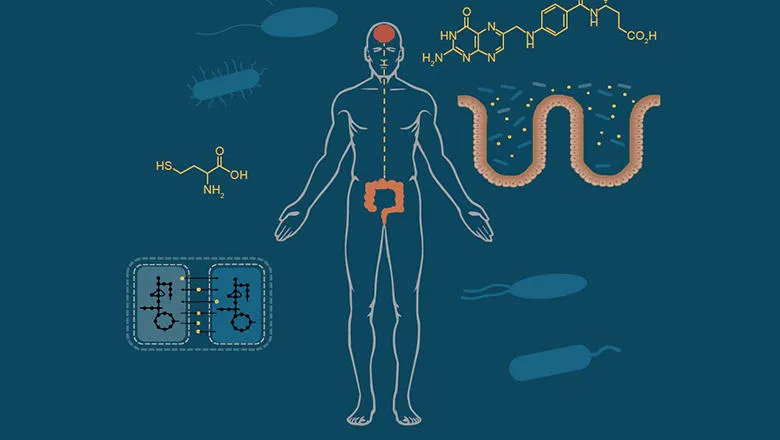
Research

MIMSA - Oral Microbiome & Mucosal Immunity in COVID-19 disease
Examining the role of 'mucosal immunity' and the 'oral microbiome' in COVID severity, and the differences seen between South Asian & white ethnic groups.
Project status: Ongoing

Centre for Host-Microbiome Interactions
Millions of microorganisms live in and on our bodies forming microbiomes on different surfaces. Researchers in the Centre for Host Microbiome Interactions study our relationship with these bacteria and fungi in health or in oral and systemic diseases such as periodontitis, candidiasis, oral cancer and Alzheimer’s disease.

Microbes in Health & Disease
The Microbes in Health & Diseases Research Interest Group aims to foster collaboration across departments and faculties at KCL to explore the multifaceted role microbes play in health and disease.
News
Microbiome changes in chronic liver disease highlight the need for personalised treatment
People with chronic liver disease have dramatic changes to the types and functions of bacteria in the gut and mouth, a new study has revealed.

“Transient” gut bacteria may affect health and guide diet choices
‘Transient’ populations of gut bacteria may contribute to the development of chronic liver disease and diabetes, but a personalised diet plan could lessen the...

New gut microbiome atlas builds most accurate profile of global gut health to date
Research could help doctors around the world better understand how bacteria in the gut cause disease and how to treat them.

New collaborative study maps effects of dietary nutrients on disease
Researchers from King’s College London and the Francis Crick Institute have created a tool to predict the effects of different diets on both cancerous cells...

Academic Promotions at the Faculty of Dentistry, Oral & Craniofacial Sciences
Very many congratulations to the following members of the Faculty of Dentistry, Oral & Craniofacial Sciences who were awarded academic promotion during the...

Investigating the role of bacterial folate and homocysteine in metabolism in Parkinson's Disease
Academics from King’s College London’s Centre for Host-Microbiome Interactions recognised the need for a better understanding of the role of gut microbiota in...

